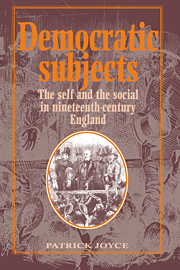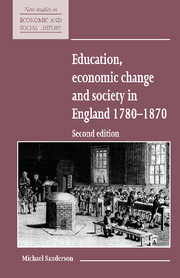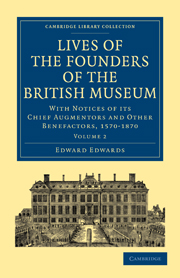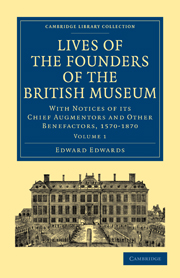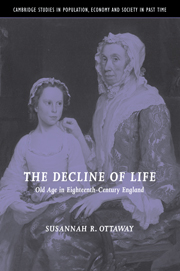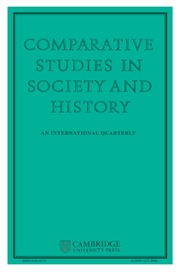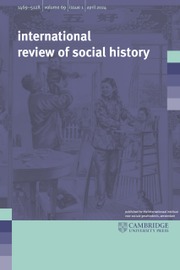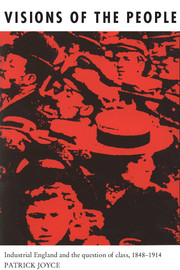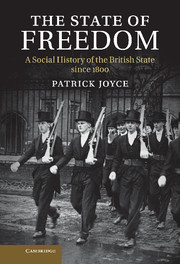Democratic Subjects
This pioneering and highly original study explores critically the nature of class identity by looking at the formation and influence of two men (Edwin Waugh and John Bright) who are taken as representative of what "working class" and "middle class" meant in England in the nineteenth century. The book points the way forward to a new history of democracy as an imagined entity. It represents a deepening of the author's engagement with "post-modernist" theory, in the process offering a critique of the conservatism and complacency of much academic history, particularly in Britain.
- A wholly original and potentially highly controversial study about the general issues of identity and class
- Will interest people from a wide range of disciplines outside history - literary studies, sociology, cultural studies etc.
- Author is one of the best-known and pioneering historians working in Britain today
Reviews & endorsements
"Joyce's investigation of the lives, careers, and ideas of Waugh, Bright, and other "demotic" figures, as well as his more general analysis of the "democratic romances" expressed in melodramas, popular fiction, journalism, and other discursive forms, are detailed, thoroughly researched, and usually astute about the social contradictions informing "the democratic imaginary" of past and present." Nineteenth-Century Prose
"This is a skillfully constructed book, with the divergent but intertwined histories of Waugh and Bright, and the narratives which they created and sustained, now converging, now separating, but always illuminating the central argument....As a conventional intellectual biography, Joyce's study of Waugh is exemplary and highly illuminating; as an application of the ideas of the 'linguistic turn' to mid-Victorian politics, his study of Bright produces equally rich insights; and as an interdisciplinary discussion of the force of political and social narratives, the essay on democratic romances opens up vistas likely to be the focus of considerable future work both by Joyce and his students." Martin Hewitt, Victorian Review
"...an intriguing, at times dense, etymological critique of the nature of democracy and social identity...." R.A. Soloway, Choice
"...a confident presentation..." David Mayfield, Albion
Product details
October 1994Paperback
9780521448024
260 pages
229 × 152 × 15 mm
0.376kg
4 b/w illus.
Available
Table of Contents
- Introduction
- Part I. The Sorrows of Edwin Waugh: A Study in Working Class Identity:
- 1. Young Edwin
- 2. The struggle for the moral life
- 3. The ends of the moral life
- 4. The cult of the heart
- 5. 'God bless these poor folks'
- 6. The legacy of Edwin Waugh
- Part II. John Bright and the English People: A Study in Middle Class Identity:
- 7. Plain man's prophesy
- 8. Speaking Bright
- 9. Making the self
- 10. Bright make the social
- 11. Creating the democratic imaginary
- Part III. Democratic Romances: Narrative as Collective Identity in Nineteenth-Century England:
- 12. Narrative and history
- 13. The romance of improvement
- 14. The aesthetic framing of the social
- 15. The constitution as an English Eden
- 16. The story of the cruel Turk
- 17. Some democratic leading men, or Mr Gladstone's dream
- Appendices.

